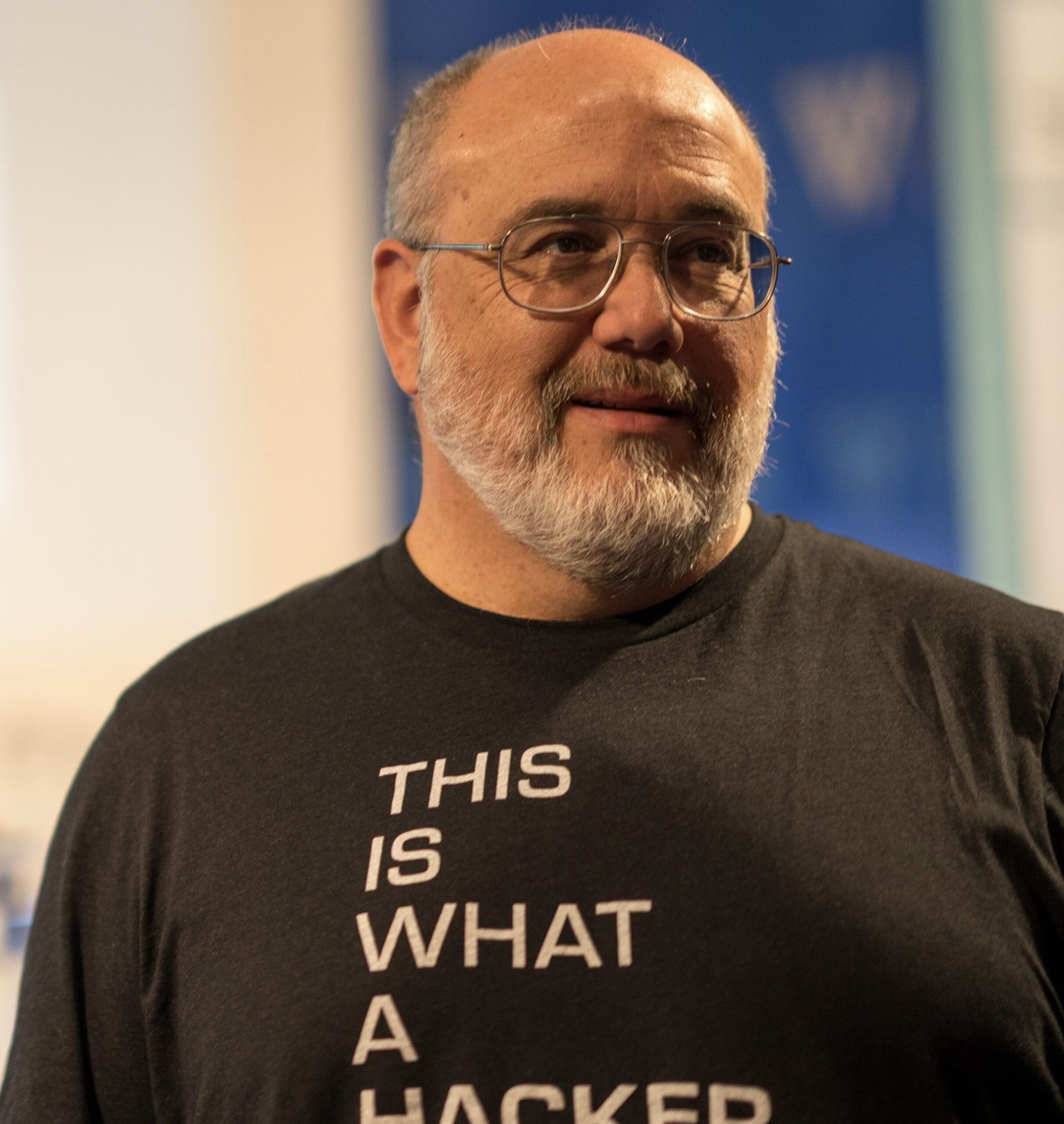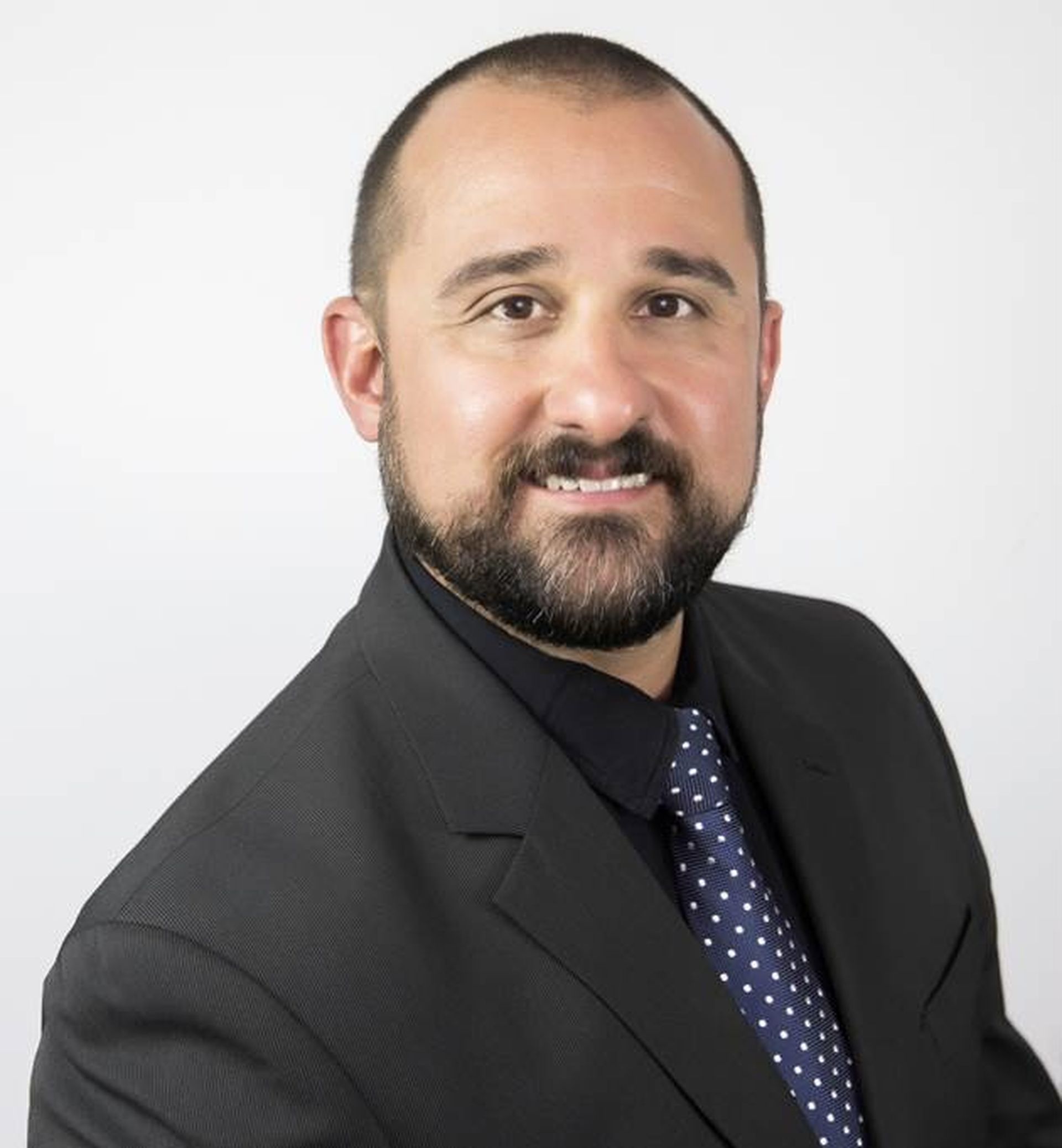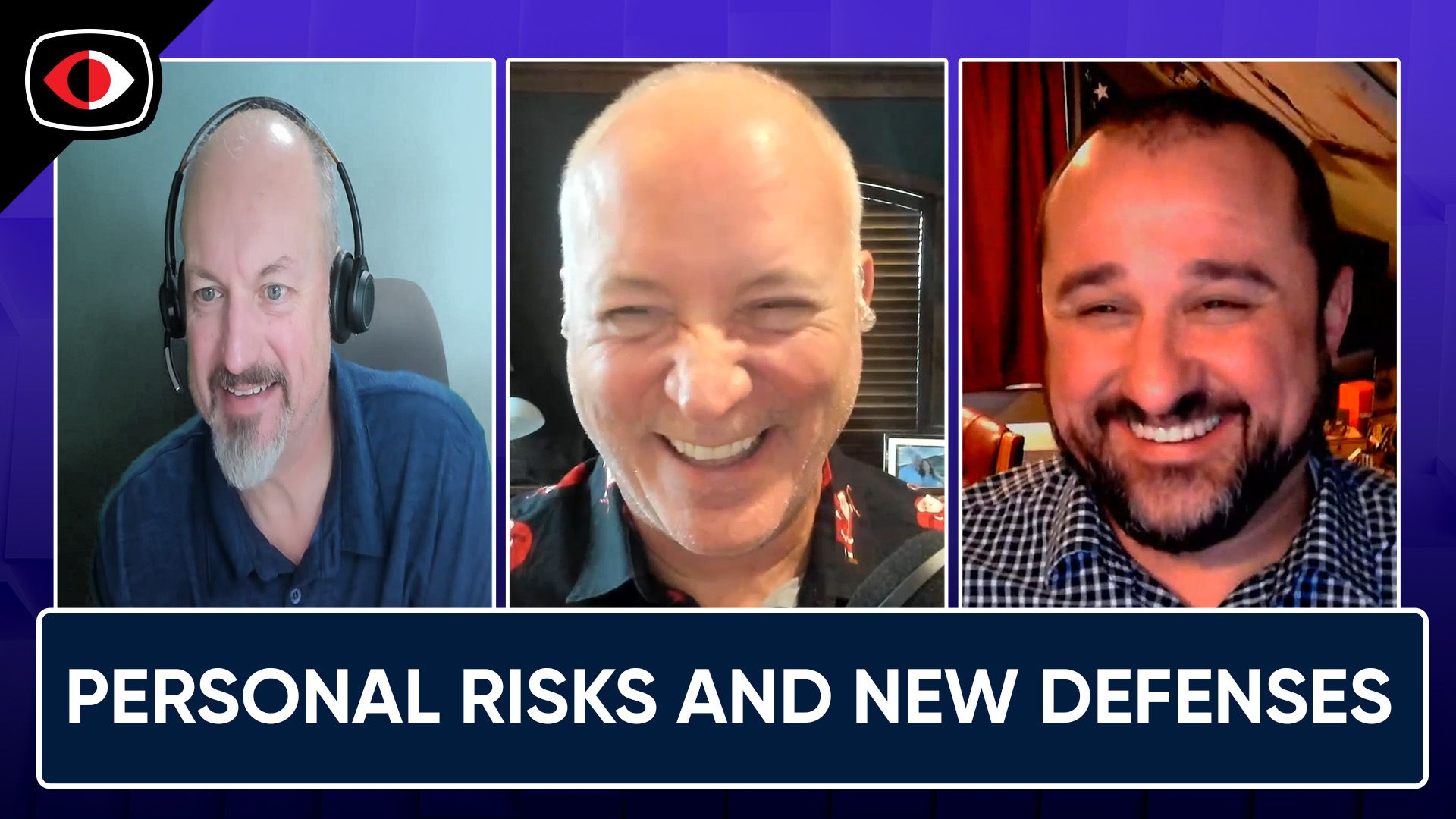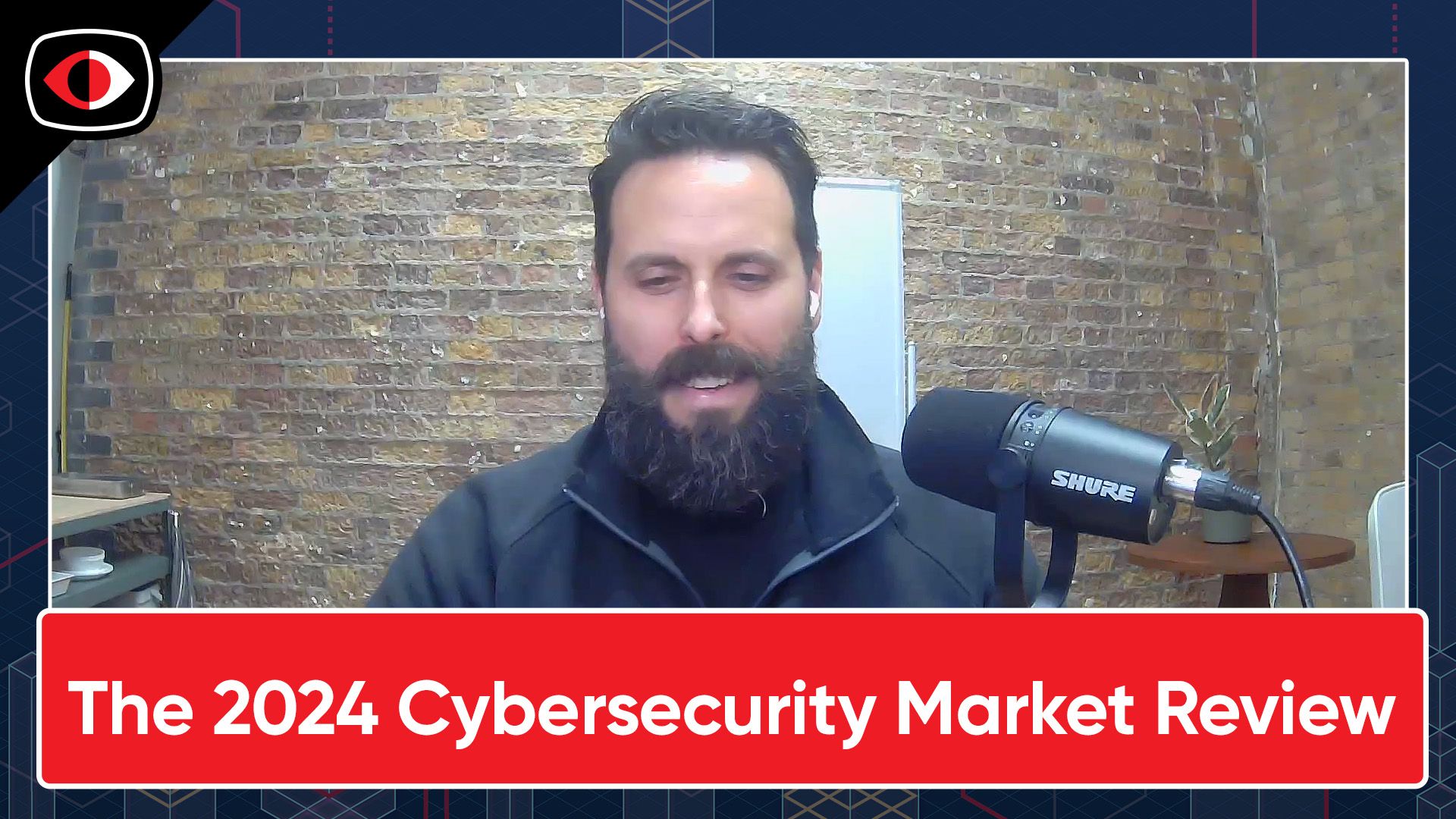Lots of Smoke – PSW #635
Full Audio
View Show IndexSegments
1. Hacking IoT Devices – Jeff Spielberg, Ryan Speers – PSW #635
The world continues to see a proliferation of highly insecure IoT/embedded products. How can companies making embedded products design security in from the start, and why don t they do it today? Importantly, security needs to be baked in while remaining lean and moving quickly towards an MVP product. Discussions will range from hardware chip selection, cryptographic protocol design, and firmware security -- both at the design and security pen test phases.
Guests
Ryan is a managing partner of River Loop Security and has assessed a wide range of embedded devices, finding vulnerabilities by physical attacks, network access, firmware reversing, and other techniques. He has led design of remediations or new systems, frequently focusing on their cryptographic protocols and protections. Ryan is also known for his research on the security of radio protocols, including IEEE 802.15.4/ZigBee and maintenance of the KillerBee framework frequently used to assess these protocols.
Jeff Spielberg is a managing partner of River Loop Security. An electrical engineer by training, his primary cybersecurity interests and research focus on low-level hardware reverse engineering on embedded devices. He has performed security penetration testing on a wide array of embedded devices and often works on secure design and architecture projects for critical embedded and IoT applications.
Hosts
2. CVE-2020-0601, Netscaler RCE, npm – PSW #635
We discuss the details and impact of the latest flaw, disclosed by NSA, in Windows 10 that allows attackers to pass off malware as signed applications and so much more. The Citric Netscaler vulnerability is a rare remote-easy-to-exploit opportunity for attackers. The crew also talks about book recommendations, backdoors in crypto (and why its bad), conspiracy theories and more!
Hosts
3. What Does It Mean To Be A Hacker? – PSW #635
This is the Hacker Culture Roundtable discussion from the Security Weekly Christmas podcast marathon and features almost all of our hosts and special guests.
Hacking is a term used to describe the activity of modifying a product or procedure to alter its normal function, or to fix a problem. The term purportedly originated in the 1960s, when it was used to describe the activities of certain MIT model train enthusiasts who modified the operation of their model trains. They discovered ways to change certain functions without re-engineering the entire device. These curious individuals went on to work with early computer systems where they applied their curiosity and resourcefulness to learning and changing the computer code that was used in early programs. To the general public, a "hack" became known as a clever way to fix a problem with a product, or an easy way to improve its function.
Guests
An industry leader in cyber defense strategy, with over 18 years of experience in both technical and executive cyber security roles. Bill has devoted my career to building and protecting critical infrastructure and Fortune 100 companies from advanced threats. Bill has direct experience from ‘hands on keyboard’ from being on the front lines, and in-depth understanding of the challenges security teams are faced with.
Recognized as an influential figure in the industry, I have established a prominent public profile through my strong public speaking abilities. As a keynote presenter at prestigious events such as BlackHat and DEF CON, I have effectively communicated complex cybersecurity concepts to large audiences, showcasing my expertise and thought leadership.
Bill is a big believer in “be nice” even when things get tough and “the harder you work, the luckier you get.” If you really want to get on my good side, show me something you made. 🙂
As part of his role as Director of Security Research, Trent is responsible for evaluating current cybersecurity risks and vulnerabilities. He leverages his industry relationships to obtain early notifications from partner groups such as Network Security Information Exchange (NSIE), Multilateral Network Security Information Exchange (MNSIE), National Cyber-Forensics and Training Alliance (NCFTA), and other private intelligence groups. This allows Trent to stay ahead of emerging threats and develop proactive strategies to protect the organization from cyber-attacks.
Trent leads efforts to protect the organization from cyber threats. With a distinguished career defending a Tier 1 Network from skillful adversaries, Trent has developed a versatile background in both offense and defense, which has helped him architect visionary security solutions that are deployed within numerous Fortune 500 companies. Trent is an established security researcher who has reported vulnerabilities in organizations such as Zoom, Microsoft, Google, and Southwest Airlines.
In addition, Trent serves on a Technical Advisory Board for a leading cybersecurity company. This position allows him to contribute his expertise and insights to help shape the industry’s strategic direction and enhance cybersecurity practices.



















